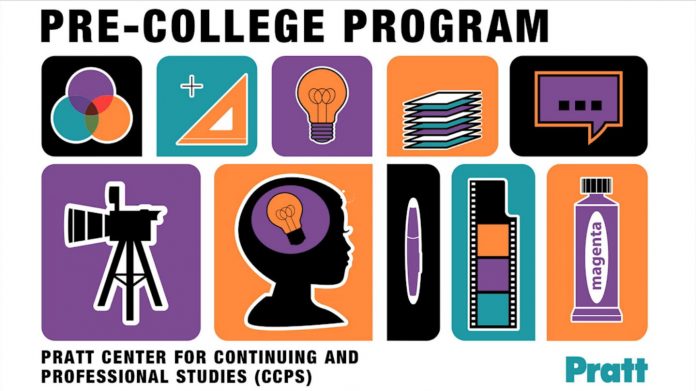Sometimes, students need help in preparing themselves academically and socially for college. While college prep coursework, participating in school activities, and community involvement help, there are other factors, such as socioeconomic status, that are a factor in determining whether or not a student will be successful in college.
Pre-college programs, often sponsored by colleges and universities through federal grants and funds, help to fill in this gap and provide college preparation coursework and resources when local school systems and communities are not able to do so.

What is a Pre-College Program?
A pre-college program is any organization or structured interactive environment that helps prepare students and their families for the college experience academically, socially, and psychologically. These programs are often co-sponsored by local school districts, colleges or universities, and the federal government.
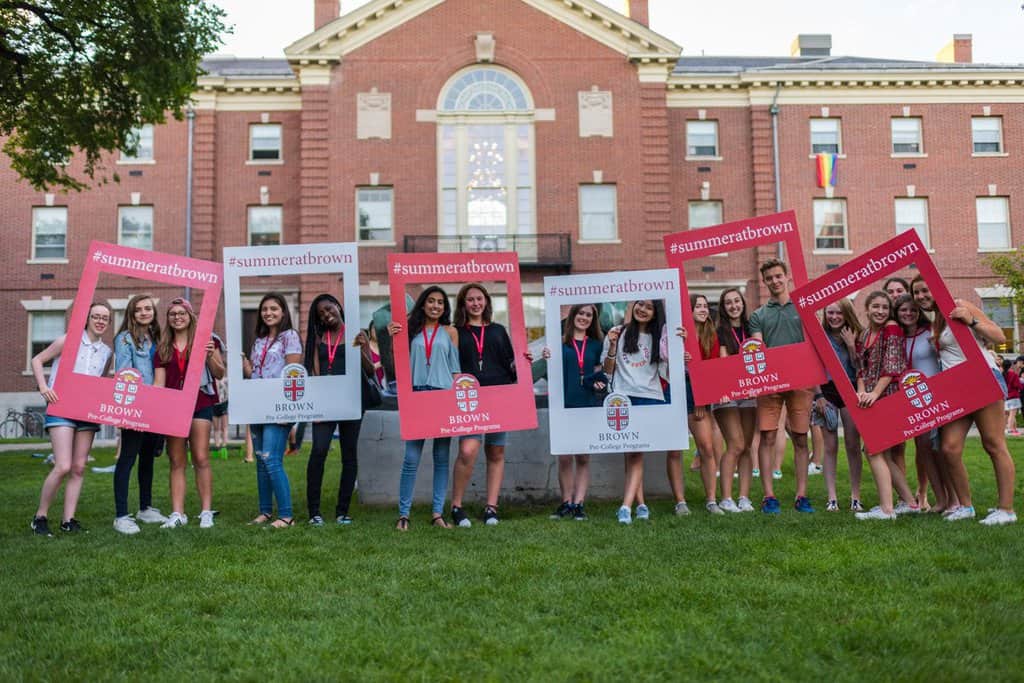
In areas where race, economic status, and social factors such as family structure have been proven to impact a student’s potential to go to college or to succeed at the college level, the United States Department of Education often subsidizes pre-college programs, or TRIO programs, by offering colleges grants to host these programs.
The most well-known of these programs is Upward Bound, which takes at-risk students and prepares them for college starting in junior high school and continuing through high school graduation.
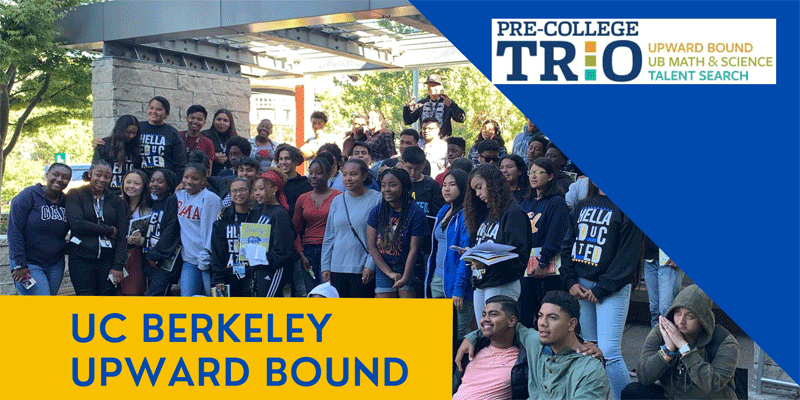
What Services Do Pre-College Programs Provide?
Pre-college programs are not just another camp or organization to which a student can belong. These programs have standards that students are held to in terms of academic progress and performance, behavior, and other areas.
However, students enrolled in pre-college programs have access to numerous resources for both the student and his or her family. Students have the opportunity to take accelerated classes during the summer or on weekends, gain exposure to museums or theatrical productions, or have tutors and counselors help them with work during the school year.

Families are able to work with college personnel to gain a better understanding of the college application process, especially for those families who have students that are first generation college students or who are older guardians of program participants.
Also, since technology has changed the way that financial aid is awarded, the application process is handled, and the skills needed to succeed in college, program staff are usually able to assist families in applying for college, completing the Free Application for Federal Student Aid (FAFSA) and staying on task with filing the necessary paperwork to enroll in classes.
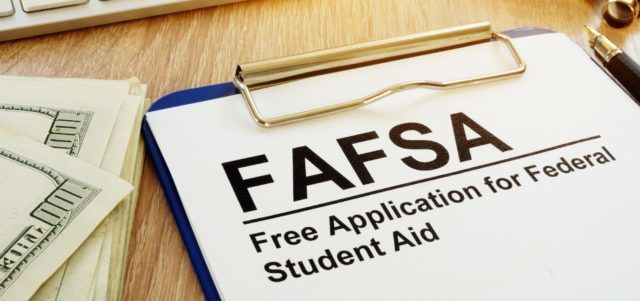
- What Is Aromatherapy Vs. What Are Essential Oils?
- What is La Tomatina in Bunol, Spain Like? What to Expect at the Famous Tomato Throwing Festival
How to Enroll in Pre-College Programs
Most pre-college programs have requirements regarding a student’s academic, socioeconomic, and residential status in order to enroll in pre-college programming. If a student qualifies, they must continue to meet certain benchmarks in order to remain in the program.
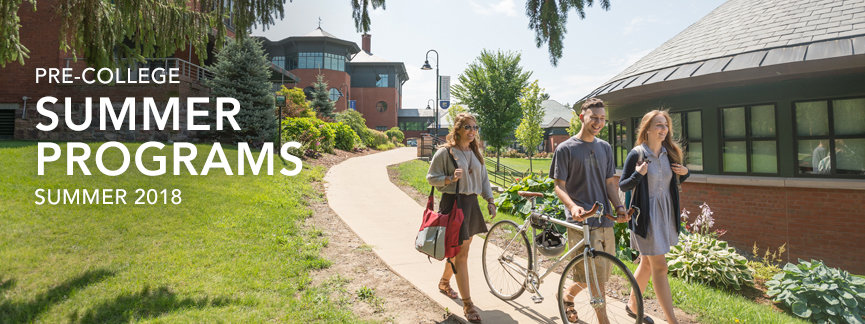
For information on how to enroll in a pre-college program, parents or guardians should contact their child’s guidance counselor or a local college or university. Sponsoring institutions will have a program coordinator that is in charge of working with participating junior high and high schools to select students who they believe will benefit most from these programs.
Pre-college programs help prepare junior high and high school students to enter and succeed in the college environment. However, these programs also provide families with the proper resources to help support students who want to succeed after high school graduation.


